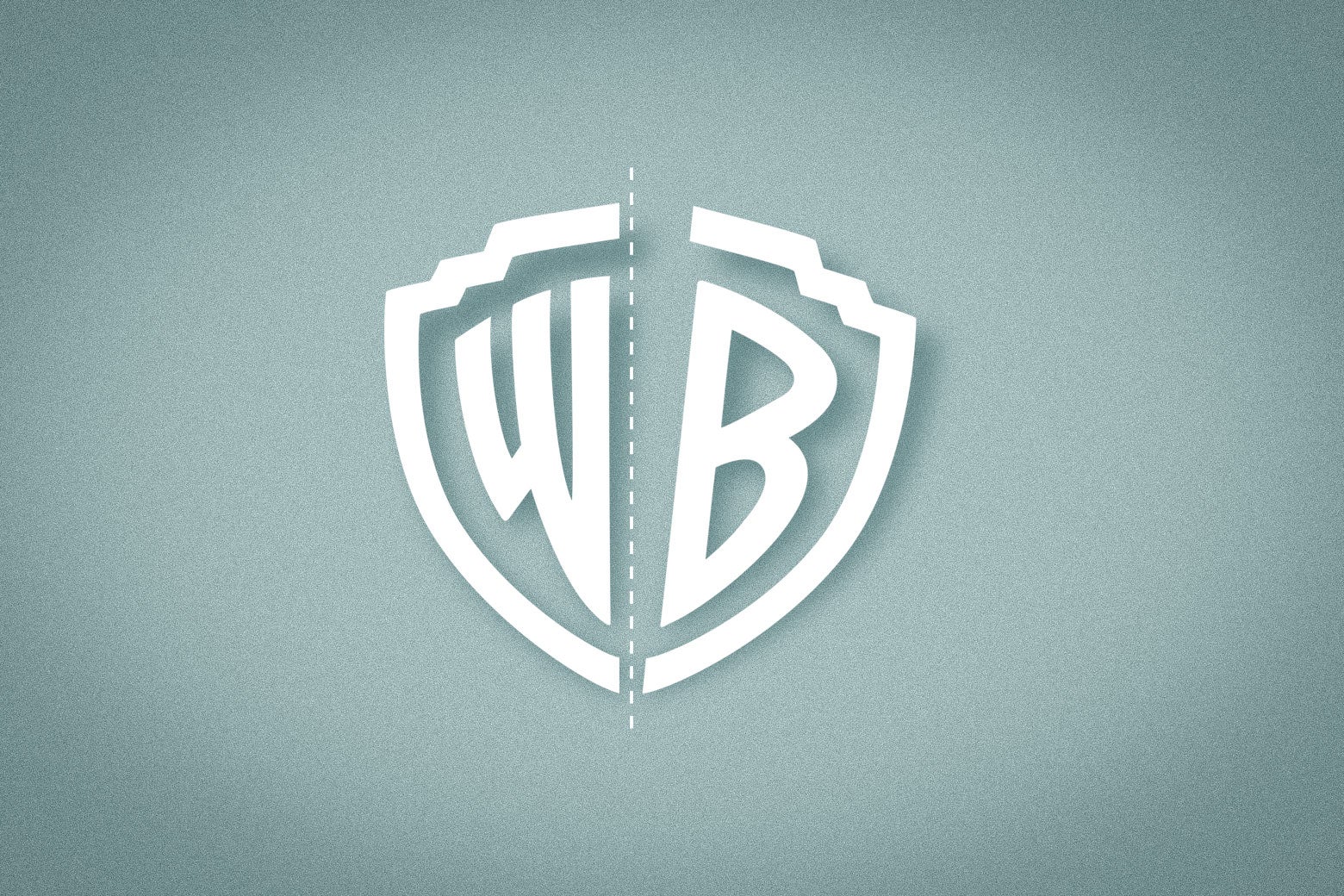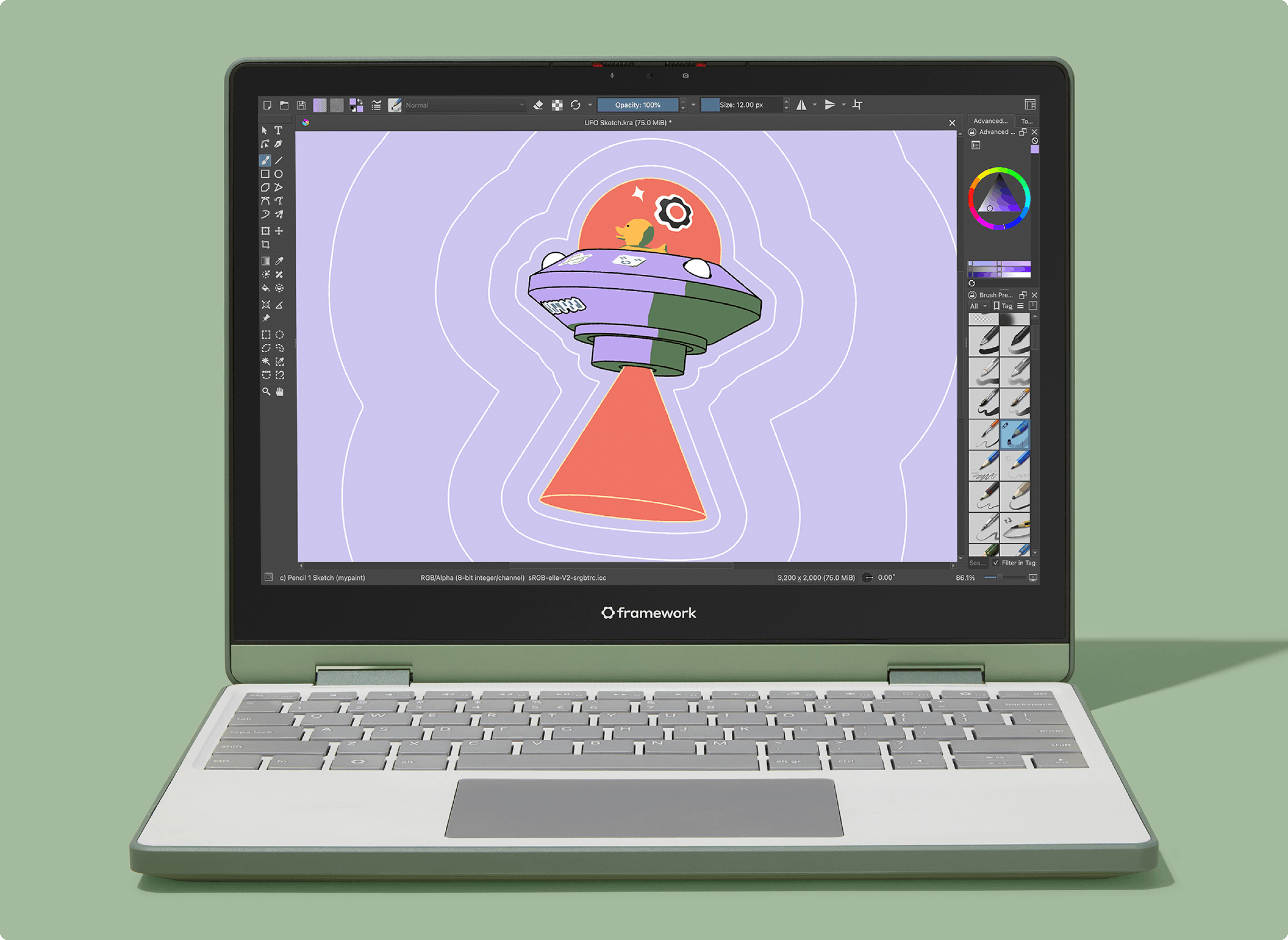He thought Trump’s reelection would be good for mergers. So why is he shrinking his company?
By
Nitish Pahwa
Enter your email to receive alerts for this author.
Sign in or create an account to better manage your email preferences.
Are you sure you want to unsubscribe from email alerts for Nitish Pahwa?
Unsubscribe from email alerts
June 10, 20254:37 PM

Sign up for the Slatest to get the most insightful analysis, criticism, and advice out there, delivered to your inbox daily.
This weekend seemed like a good one for Warner Bros. Discovery. Having secured national broadcasting rights for Good Night, and Good Luck—the megahit Broadway play adapted from George Clooney’s 2005 film—the entertainment giant scheduled a much-anticipated, widely accessible livestream of the show’s penultimate performance on Saturday night. Interested audiences could catch it on CNN’s cable broadcast, stream it via HBO Max (fka Max, fka HBO Max), or, if they subscribed to neither service, view it for free on CNN’s website. Making history as the first Broadway play to ever get a live telecast on American TV, Good Night, and Good Luck reintroduced the righteous saga of Edward R. Murrow’s battle against McCarthyism at a timely moment—and transmitted the story through both traditional and digital means, crystallizing the corporate synergy between the Cable News Network and its name-shifting digital counterpart, (HBO) Max, with the express approval of Warner Bros. Discovery CEO David Zaslav.
Or so it seemed. On Monday, Zaslav and WBD CFO Gunnar Wiedenfels announced to investors that CNN and HBO would no longer operate under the same parent. The whole dealmaking process that fused WarnerMedia with Discovery Inc. just three years ago and brought their intellectual property under Zaslav’s watch has been effectively nullified, as WBD will be split back into two separate companies by summer 2026. The first company, to be known as Streaming & Studios and headed by Zaslav, will consist of Warner Bros.’ film and television properties, HBO’s TV and streaming services, and the DC Studios library. The second, to be known as Global Networks and headed by Wiedenfels, will take over the company’s cable assets, including Discovery, CNN, Turner Classic Movies, Animal Planet, TLC, Food Network, TBS, TNT Sports, Bleacher Report, U.S. broadcast rights for sports like NCAA basketball, and various European channels. It’ll also assume a heaping stack of corporate debt worth tens of billions of dollars.
Coupled with the HBO Max reversion that occurred just last month, the redivision of WBD might be yet another obvious indication that Zaslav should probably not have custody of so much American cultural history. Zaslav had been CEO of Discovery Communications for 16 years before the merger with WarnerMedia closed in 2022. Now, however, he’s given up everything from Discovery, just two years after his HBO Max–to–Max rebranding set the stage for HBO and Discovery properties to exist together online. After admitting last month that maybe that wasn’t the best idea, David Zaslav is just dumping Discovery wholesale and nabbing the prestigious divisions for himself.
That’s not the only fishy part. After the 2024 presidential election, Zaslav expressed some unsubtle optimism that a second Donald Trump presidency would allow a more favorable business environment for media-industry deals—like the potential WBD merger with Paramount he’d explored in 2023. But then the economic uncertainty engendered by the Trump 2.0 tariff chaos got to him, not least because so much WBD revenue stems from movie releases in China, and Zaslav began trimming employee perks as a result. Now he’s even un-consolidating his media empire, instead of consolidating further—likely so he can hoard the company’s current and future moneymakers as a bulwark against economic headwinds, and also no longer worry about the debt accrued during the $43 billion acquisition, whose payback installments are still subject to those high interest rates. It’s only been a few months into this Trump term.
As I noted late last year, Zaslav had already spent much of his 2024 chipping away at the Warner Bros. Discovery portfolio. Beyond purging classic titles like Looney Tunes from the HBO Max corpus (and then taking advantage of the tax write-offs), the WBD executive suite started selling off many of its international cable channels and canceling ongoing arrangements with institutions like Sesame Street. On top of that, Zaslav demonstrated his explicit contempt for one of WBD’s most pricey, yet valuable, advantages: domestic rights for NBA broadcasts via TNT. First he claimed WBD didn’t need the NBA, then got pissed and sued the league when it understandably turned to Amazon for future broadcast rights. The fallout: a November settlement that allowed TNT Sports and Bleacher Report to broadcast games in certain international markets, but no more rights to televise live games in the United States. (The NBA’s new deal gives those rights to Disney, Comcast, and Amazon for the next 10 years.)
A lot of notable people got pissed off along the way, including NBA commissioner Adam Silver and TNT panelist Charles Barkley, both of whom likely noticed that Zaslav is a frequent courtside attendee at Knicks games. But now, looking at the proposed split-up, it’s clear Zaslav has nothing but contempt for the sporting world that, for now, remains one of traditional TV’s last solid revenue sources. (Zaslav’s excuse is that sports apparently don’t drive HBO Max subscriptions; I’m less convinced that that’s why some customers may be avoiding Max.) All the athletics are now Gunnar Wiedenfels’ problem at Global Networks, along with the cable channels and (most) of the monetary debt accrued during the 2022 merger and Zaslav’s subsequent rule. Surging viewership for March Madness might be able to help Wiedenfels out there, but he’ll no longer have domestic NBA live games as his major trump card for other negotiations. And he’s ended up with one of Zaslav’s more politically inconvenient offerings: CNN, aka President Donald Trump’s least favorite news channel. Zaslav might have agreed to spread the pro-freedom-of-the-press message of Good Night, and Good Luck on George Clooney’s behalf—but he probably didn’t want to deal with the Trump administration’s relentless persecution of news outlets that the president deems “very unfair” to him. Especially when, as in Paramount’s case, that may interfere with the broader company’s ability to make deals.
The thing is, WBD’s move doesn’t run counter to broader entertainment trends. Last year saw Paramount shut down and lay off staffers from its in-house TV studio, while devaluing the worth of its cable offerings by billions of dollars. (Just this week, the embattled studio axed another 3.5 percent of its American workforce following an executive shakeup.) Comcast spun off the bulk of its traditional TV assets—minus Bravo and Telemundo and the core NBC brand—into a “SpinCo” firm (now known as Versant), while pointedly keeping its streaming and cinema ventures, Peacock and Universal, inside the house.
So Zaslav has a more focused media group via Streaming & Studios, but leaving HBO Max in his hands will inevitably winnow down its once rich library even further. (Zaslav himself has admitted that the TV networks he’s spinning off collectively make for a quarter of HBO Max viewership.) The future of Warner Bros.’ film-and-TV biz is even less certain. To his credit, Zaslav did what other studios wouldn’t and bid for Ryan Coogler’s Sinners in spite of the director’s controversial film-ownership demands, ultimately giving Warner Bros. the highest-grossing non-IP movie of the decade thus far. (Perhaps a suitable complement to the actual second-highest-grossing flick of the year, the WBD video game adaptation known as A Minecraft Movie.) But much of his time has been defined by completed movies that get axed prior to release, the halfhearted releases of new projects from veterans like Clint Eastwood, the typical overreliance on IP that Zaslav has made clear will continue, and the arbitrary favors called in for personal friends—like Nicholas Pileggi, the Goodfellas-inspiring author whose latest Zaslav-approved film, The Alto Knights, bombed pretty drastically.
So maybe Zaslav thinks he’ll get the haters and the feds off his back by offloading his news and sports holdings, along with his cable-channel stack, and granting them all to “Global Networks” along with a hefty helping of debt. But the entire saga of his WBD takeover, his decisions and backtracks, and now, finally, the unwinding of the media megamerger he was supposed to build up even further—there’s no reason to believe he’ll do any better in the future. The guy is all out of ideas, and it’s American culture that has suffered for it. Good night, and good luck, to all of us.
Sign up for Slate's evening newsletter.









 English (US) ·
English (US) ·